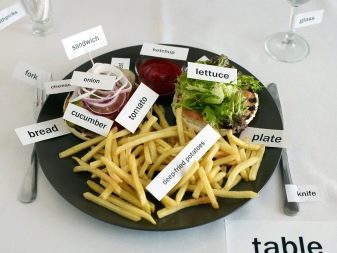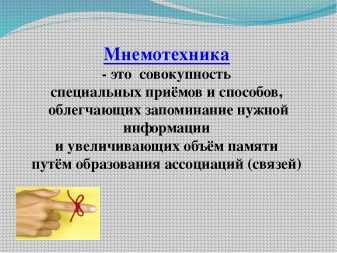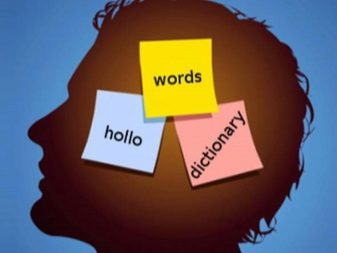Learning a foreign language is a fascinating process. In modern realities, knowledge of other languages is a professional necessity for many. Someone without a knowledge of the language feels uncomfortable at a foreign resort, someone wants to communicate with foreigners in social networks, someone works closely with representatives of foreign companies. But everyone equally faces the same problem - how to remember more foreign words faster.
Traditional methods
Experts advise you to memorize foreign words using various methods.
But before deciding which storage technique is right for you, you need to determine what your personal storage mechanisms are. It is easier for someone to see once than to hear a hundred times, and for others - on the contrary.
In other words, associative memorization predominates in some, others can memorize quickly only figuratively, others - tactilely. Once you have identified yourself in a particular group, choose the method by which you better remember foreign phrases.

The storage mechanisms are as follows.
- Mechanical. The new word needs to be written down in the notebook as many times as needed so that it is firmly fixed in memory. This method is suitable even for Japanese and Chinese characters, not to mention English words.
- Yartsev's method. This method is named after the author of several textbooks in a foreign language. His idea is this: a notebook sheet needs to be divided into several columns. There should be written down the word, its translation, as well as synonyms, antonyms, examples in speech. From time to time, the scientist recommends simply viewing this page without memorizing anything by heart. Efficiency is explained by the fact that you do not get hung up on thoughts to learn words at any cost by a certain date, but read carefully and attentively.
- Visual. A method for those who prefer a creative approach to the issue. You should cut a bunch of small pieces of paper (you can buy a block of multi-colored small leaves at the stationery store). We write a phrase on one side, and a translation on the other. We sort through the cards in a circle, put off those words that we already remember, but sometimes return them to the “deck” to repeat the material we have learned.
- Dual visualization. Another way for those who better remember what they saw than heard. Fold a sheet of paper in half. Write a foreign word on one side, and a translation on the other. First, use the expanded sheet of paper, then unfold it only if necessary to help yourself or test yourself.
- Associative. Stick on the refrigerator its name in the language you need on a piece of paper, hang another sheet on a mirror with the word denoting an object in a foreign language, and so on.
- Audible. Start recording with new words in the performance of the announcer and repeat after him. Typically, such notes come with a foreign language textbook, but if not, they can be easily found on the Internet separately.


Optimization Methods
There are several ways to optimize the process.
- Group words by meaning. For example, you need to learn the word "heat". Write out “cold,” and also “hot” and “cool.” So it will be easier to remember them.
- Group words by grammar. For example, first feminine nouns, then masculine nouns. Verbs can be grouped by type of endings. Words in a bunch are always easier to remember.
- Group words into sentences. Even if they carry the most delusional meaning. Break the 50 words you want to learn into 10 such sentences.
- Group root words. It also helps to remember new words faster than usual.
Interval Repetitions
This rule does not work only when you are studying a foreign language. It is recommended to apply to all new knowledge. As for the foreign language, here it works like this. You have mastered a chain of ten words. Repeat it in ten minutes, then in an hour, then in 12 hours, in a day, in three, a week, two, a month, two and so on. This will provide training for long-term linguistic memory.
Mnemonics
A very common method of learning new words. Its meaning is that for every word you need to come up with an image that will be so vivid that you simply can not forget it.
For example, in Turkish, “glass” sounds like a “mess”, and there is no need for special imagination. In Turkey, they even joke on this subject - “Around the mess”. So, how is Turkish “glass"? You see, super memory is not needed for this at all.


Practical tips
You can always come up with your own, suitable only for you way of learning the language, and, perhaps, then you will become the author of a unique technique.
Just do not forget to write down your thoughts in a notebook, preferably the same one where you make a list of new words that you want to learn. This will help you quickly identify the right technique.
Watch films in a foreign language, listen to radio and songs, read the press and books in that language. If possible, communicate with native speakers.
See how to easily remember English words in the video.











